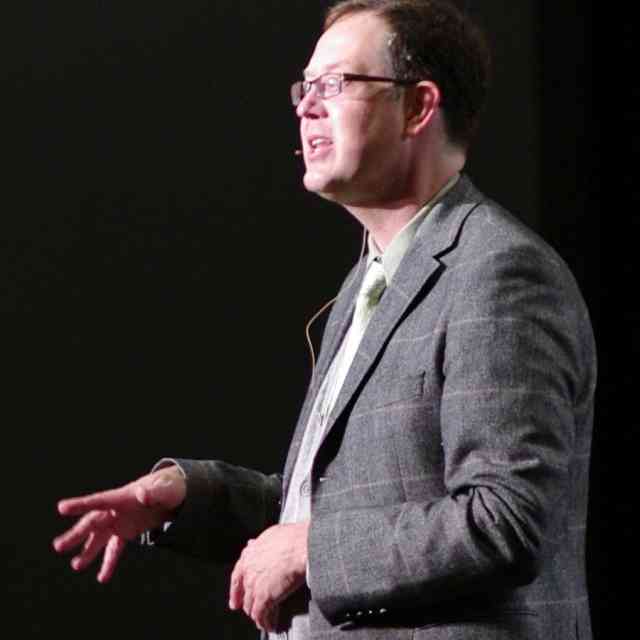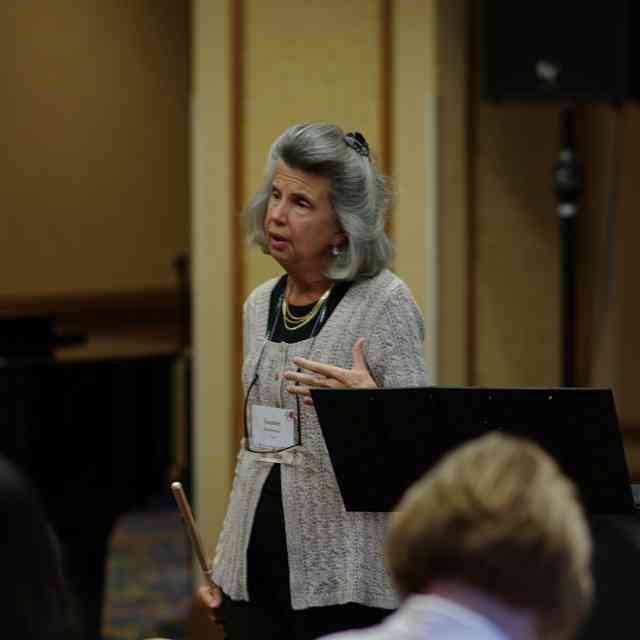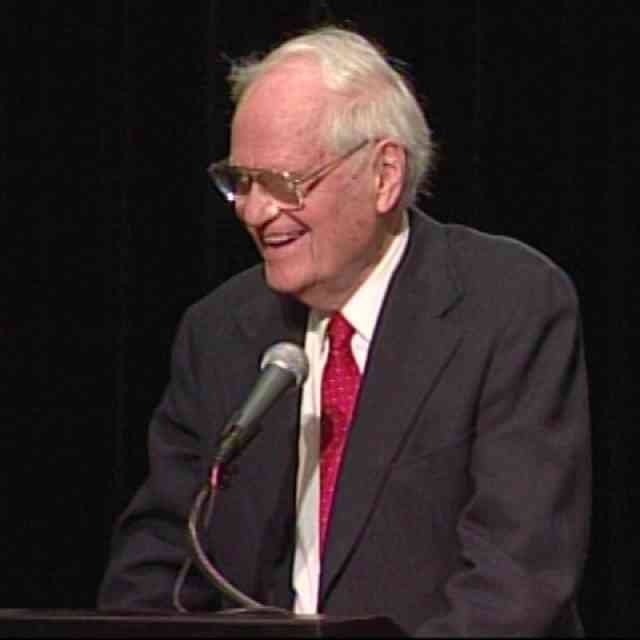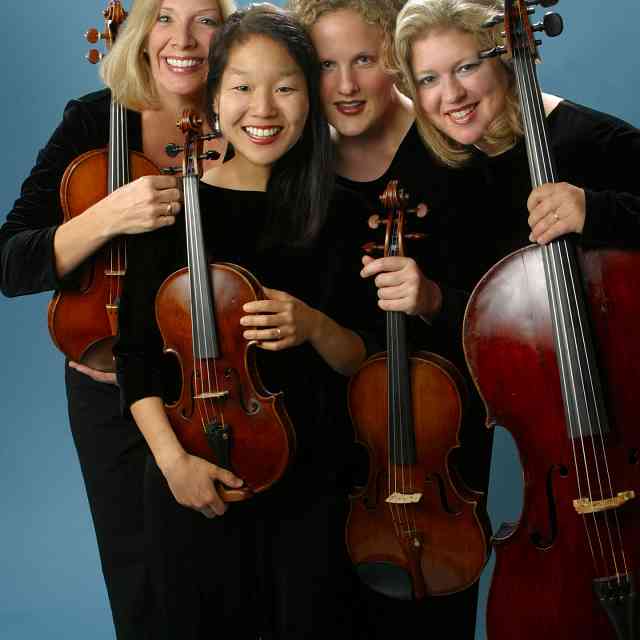
Brian Lewis with the Quint-Essentials
Chamber music at this year’s conference consisted of two groups, a harp duo, The Timpanogos Duo, and a string quintet, The Quint-Essentials. Both groups were highly polished and poised. They rehearsed on their own, had classes with members of the conference team, and then played in master classes for a master teacher.
Caroline Richards and Savannah Smith make up The Timpanogos Duo, hailing from Utah (near Mount Timpanogos). In a master class with harpist Karen Gottlieb, the duo performed Bernard Andres’ La Ragazza, a vibrant work that was received with great interest by the masterclass audience. The piece utilizes a number of unusual special effects, and Ms. Gottlieb worked with the duo to explore the most effective way to create those sounds, resulting in lively discussion amongst teacher, players, and audience members. She also highlighted ways to improve the balance and tighten ensemble. Especially in her discussion of technique, Ms. Gottlieb used brief playing demonstrations to excellent effect in conveying her teaching points. The duo did a great job of experimenting with new ideas on the spot. The class was informative and engaging to both the performers and the audience!
The Quint-Essentials, from Waco, Texas, include Haeun Moon and Augusta Schubert on violin, Hannah Burnett on viola, and Hayoung Moon and Wilson Burnett on cello. They presented the third movement of Schubert’s double cello quintet in C major, Scherzo. Presto – Trio. Andante sostenuto. The Quint-Essentials had two classes with Carlynn Savot and Jessica Meyer early in the weekend, which focused primarily on refining ensemble playing and going more in depth in character development. On Sunday morning, the quintet performed in a master class for Brian Lewis. In the master class, Mr. Lewis discussed Schubert’s dynamic range in the movement, which extends from ppp to fff, and he expanded on how to realize that range as an ensemble. In addition to simply thinking loud and soft, he encouraged them to think of relative dynamics, creating a noticeable difference between piano and pianississimo. He also discussed the importance of presenting a specific character idea in piano (for example, remembering something far away), which allows the section to sound soft but not scared. The students reacted very well to Mr. Lewis’s suggestions, applying what he was suggesting immediately and enjoying the process.
Special thanks go out to the two outstanding performing groups, along with their parents and teachers, and especially to the fantastic clinicians who made the conference weekend such a rewarding event for all who attended!










